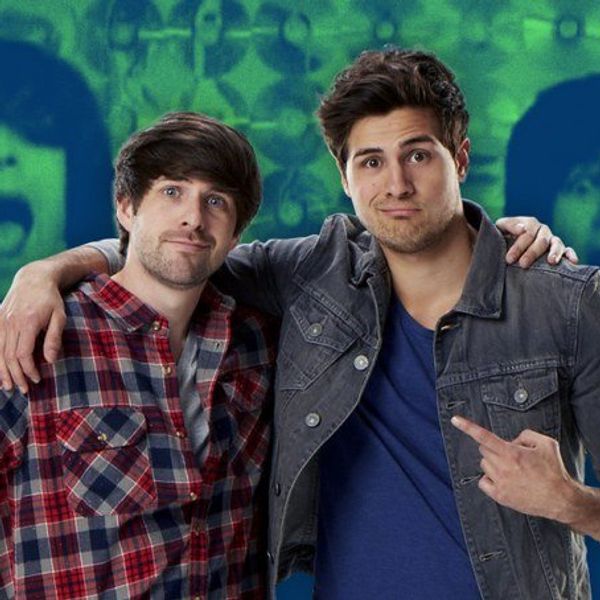In the past few months, YouTube seemed to be taking active steps toward making its community a safe and friendly place for all. Earlier this summer, YouTube updated its Terms of Service which, at a cursory glance, seems like a perfectly unobjectionable action to take. However, these Terms of Service were so insultingly vague it seemed as though almost anything could fit into the bounds of inappropriate content in the right context.
To make matters worse, YouTube had been demonetizing creators' videos that do not comply with these new terms of service without telling them for quite some time. They fortunately decided to send creators updates when their videos were demonetized and allowed creators to appeal the demonetization. However, the fact still stands that creators were losing lots of money that they didn't even know about because YouTube never told them what was going on.
Needless to say, YouTube is not on everyone's good side right now, and with good reason. However, they recently came under fire for one of their worst blunders in a summer that seems to be filled with YouTube blunders: YouTube Heroes. YouTube explained what the Heroes program is in a video released on September 20th which now has over two million views and almost 650k dislikes (to match the paltry 17k likes).
YouTube Heroes is a poorly-planned program that was apparently designed to let the community on YouTube self-police itself through the titular Heroes.
These Heroes are not paid in money for their role as Internet hall monitors, but are reimbursed in points which help them unlock new features as they grow in rank, similar to the way one levels up in a video game. Heroes initially gain these points by adding subtitles to videos for the hearing impaired, something that I think everyone can agree is an objectively good thing.
However, Heroes can also gain points by flagging videos they deem to be inappropriate, the standards of what is actually inappropriate are characteristically vague. As a Hero grows in level, they get the ability to attend workshops, police comment sections on individual videos, and mass report videos as well. It isn't until level four that a Hero is actually able to contact a YouTube employee directly, meaning there is likely little oversight to what Heroes can and cannot do.
These ill-defined and far reaching powers are also incentivized to viewers with the promise of being able to preview new features and products on the site. There is also an application process, but the rigors of such seem to be unknown at this point.
Though the comment section on the video release of this feature is blocked, most creators made responses to this proposal and did not take too much of a liking to it. This new feature, combined with the demonetization scandal and the new Terms of Service has led most content creators to be skeptical of YouTube's actions toward them. Given the uproar among its user base, YouTube seems all but content to be destroying itself.
However awful these ideas and actions may be, the intentions are well. According to facts released by Google, YouTube's parent company, YouTube makes an amount of money almost equal to what it costs to keep the site running. The recent attempts at making the site a more friendly place have been made mostly to create incentives for advertisers who don't want their brand being associated with questionable content in any way.
Despite this, these ideas are in much need of a revision. They blackball creators into creating content that they don't necessarily want to make, and ultimately limit creators' freedom of speech and expression.





















